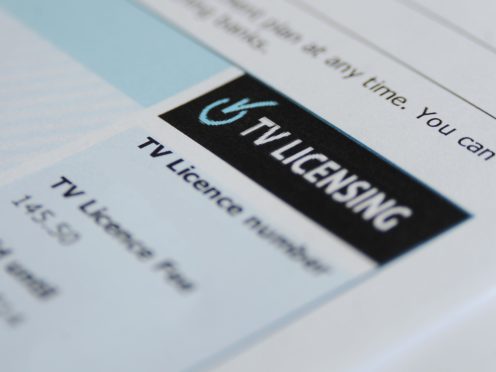The BBC’s restriction of free TV licences for over-75s could cost public finances more than it saves, the Office for Budgetary Responsibility has warned.
The spending watchdog estimated it could add an extra £105 million to the benefits bill by encouraging more to claim pension credits.
Over-75s who are currently eligible but who do not claim could be nudged into making applications as part of the “unintended consequences” of the move.
The OBR gives a rough estimate in its fiscal risks report published on Thursday that it could cause an extra 250,000 claimants at a cost to the Department of Work and Pensions of £850 million.
This significantly outweighs the £745 million savings that has been estimated would be made by the department by transferring the burden to the BBC.
Free TV licences for the over-75s: will passing the parcel to the BBC actually cost the government money? 📺 #OBRfiscalrisks pic.twitter.com/JlQj03Kdmo
— Office for Budget Responsibility (@OBR_UK) July 18, 2019
The report said: “The BBC’s decision to means-test free TV licences via a link to pension credit receipt may well raise welfare spending by more than it reduces BBC spending, particularly once the BBC spends the money it saves by means-testing.
“The net effect on the public finances would be to push the budget deficit up not down.”
While warning there is “considerable uncertainty” around the estimate, OBR chairman Robert Chote said it could also “trigger more claims for attendance allowance and housing benefit”, further increasing the benefits bill.
In the four weeks after the BBC’s announcement, new claims rose to 9,300 compared with 7,600 in the previous month, according to the report.
“The BBC’s announcement appears already to have had an effect,” the OBR says.
The broadcaster has far greater scope to advertise the credit than the Department for Work and Pensions had when undertaking the task between 2003 and 2008.
It has spoken of its aim to encourage pension credit take-up: “We have started a public information campaign which includes using our airwaves and writing to all 4.6 million households setting out the new scheme.”
Over-75s who do not claim pension credit will have to pay the licence fee from June next year.
The BBC said it cannot afford to take on the financial burden from the Government, but the move has proved controversial, with campaigners, politicians and public figures urging a reversal.
Shadow culture secretary Tom Watson said the lack of savings over the Government’s “disastrous decision” to hand the duty to the BBC shows it must have been an “ideological move”.
“The responsibility for funding free TV licences should never have been offloaded to the BBC. The BBC is a broadcaster, not a branch of Government,” the Labour MP added.
“If the Tories wanted to cut the concession they should have said so in the manifesto and let the public decide. But they didn’t, they promised to keep it, and now they must keep their word.”
Age UK, which has been vocal in its opposition to the cuts, said it would be a “positive development” if the move incentives more to apply for pension credit.
Director Caroline Abrahams added: “However, we shouldn’t underestimate the numerous barriers facing older people eligible for this benefit and we fear many will still miss out.
“But ultimately our national broadcaster is not equipped to provide, nor should be administering a welfare benefits scheme.”
“Otherwise this situation has all the makings of a slow motion car crash, with many older people inexcusably getting hurt along the way.”
Downing Street said it wanted anyone entitled to pension credit to take up the benefit.
The Prime Minister’s official spokesman said: “We have obviously tried to make as many people as possible aware of their entitlement to pension credit.”
